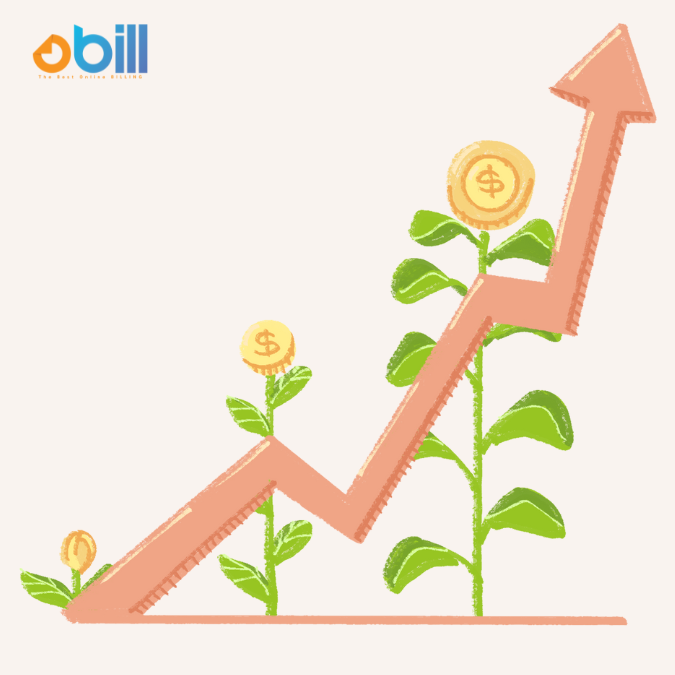
The Future of e-Invoicing Electronic Invoicing
Electronic invoicing has become an integral part of the global financial and economic system. It offers numerous advantages such as high efficiency, cost reduction, enhanced transparency, and regulatory compliance. With continuous technological advancements, electronic invoicing is expected to undergo significant changes, adopting new technologies that will improve and make the invoicing process more integrated and secure. This article explores the future of electronic invoicing and the key trends and technological developments that will impact it.
1. Artificial Intelligence and Machine Learning
Artificial intelligence (AI) and machine learning (ML) are powerful tools that will revolutionize electronic invoicing. AI can enhance invoicing processes by automating routine tasks such as verifying invoice accuracy, identifying patterns, and detecting fraud. Machine learning can predict potential errors and provide proactive solutions to improve data accuracy, reducing disputes and speeding up the payment process.
Potential Applications:
- Automated verification of invoice accuracy before sending.
- Fraud detection by analyzing unusual patterns in financial transactions.
- Improving invoice accuracy by predicting and correcting errors before they occur.
2. Blockchain Technology
Blockchain technology provides a high level of security and transparency through distributed, immutable ledgers. It can be used to ensure data integrity across the financial supply chain, track changes made to invoices, reducing the likelihood of manipulation, and increasing trust among transacting parties.
Potential Applications:
- Enhancing security with immutable ledgers.
- Improving transparency in financial operations.
- Facilitating audits by tracking all changes made to invoices.
3. Internet of Things (IoT)
The Internet of Things (IoT) can enhance electronic invoicing by providing accurate and real-time data from connected devices. For instance, smart devices can provide precise readings of production or consumption processes, which can be used to generate accurate and reliable invoices.
Potential Applications:
- Automatic invoicing based on real-time consumption data.
- Improving invoice accuracy by collecting real-world data from connected devices.
- Reducing human intervention in the invoicing process, minimizing errors.
4. Integration with Other Financial Systems
Integration between electronic invoicing and systems for financial planning, resource management, and customer relationship management will become essential to ensure a seamless flow of data across different departments and functions within organizations. This integration enhances operational efficiency and aids in making more informed decisions.
Potential Applications:
- Seamless integration with resource management and financial planning systems.
- Improving information flow across different departments.
- Enabling organizations to make strategic decisions based on accurate and up-to-date data.
5. Cloud Computing
Cloud computing offers flexibility and scalability for electronic invoicing. By using cloud-based solutions, companies can access invoicing systems from anywhere, easily update them, and expand operations without significant investments in infrastructure.
Potential Applications:
- Accessing invoicing systems from anywhere via the internet.
- Flexible and seamless system updates.
- Easily expanding operations as needed.
6. Robotic Process Automation (RPA)
Robotic Process Automation (RPA) can automate repetitive and routine tasks in electronic invoicing, such as data entry, invoice matching, and payment follow-ups. This automation reduces errors and improves operational efficiency.
Potential Applications:
- Automating data entry and matching with invoices.
- Automated payment follow-ups and delay alerts.
- Reducing the time required for routine invoicing tasks.
7. Cybersecurity
With the increased use of electronic invoicing, there is a growing focus on cybersecurity to protect sensitive financial data from cyberattacks. New technologies will be developed to ensure data security and maintain the confidentiality of financial information.
Potential Applications:
- Enhancing data security with advanced encryption technologies.
- Developing protection systems against cyberattacks.
- Monitoring unusual activities in electronic invoicing systems.
Conclusion
The future of electronic invoicing looks promising thanks to technological advancements that promise to improve efficiency, security, and accuracy in financial processes. By adopting technologies such as artificial intelligence, blockchain, the Internet of Things, cloud computing, and automation, electronic invoicing will become more advanced and reliable. This evolution will help companies improve their operations, reduce costs, while increasing customer satisfaction and regulatory compliance.